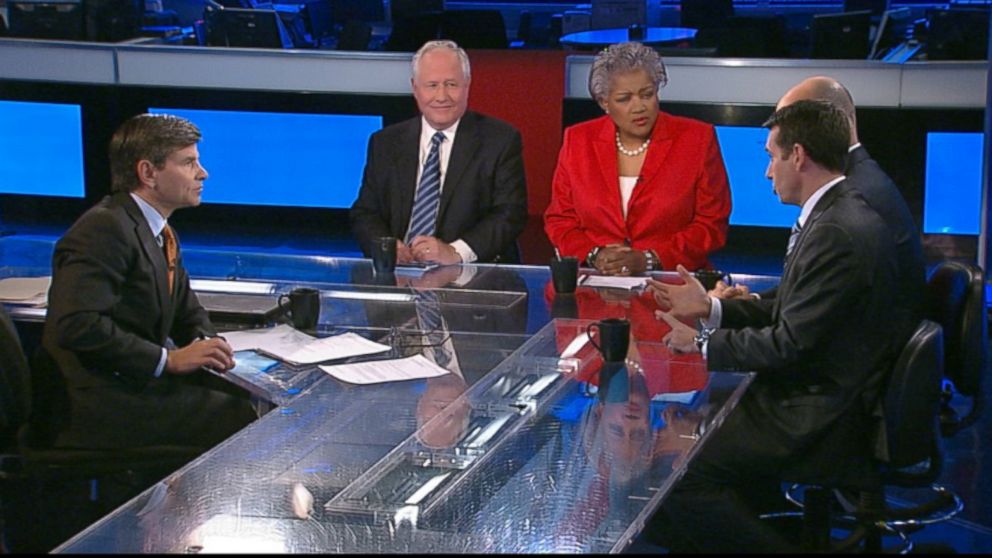‘This Week’ Transcript: Ambassador Sergey Kislyak

March 30, 2014— -- Below is the rush transcript for "This Week" on March 30, 2014 and it may contain errors.
STEPHANOPOULOS: Good morning and welcome to This Week.
Showdown: Putin amasses more troops, Obama demands a pullback. Is a new invasion next, or will diplomacy prevail? We get answers from Putin's man in Washington, an ABC News exclusive.
Christie's comeback?
(BEGIN VIDEO CLIP)
GOV. CHRIS CHRISTIE, (R) NEW JERSEY: People do inexplicably stupid things.
(END VIDEO CLIP)
STEPHANOPOULOS: Has the feisty governor put Bridgegate behind him, or will another shoe drop? We have exclusive interviews with the two dueling investigators.
Plus, baseball's opening day is here, and ESPN's Keith Olbermann joins us live.
ANNOUNCER: From ABC News, This Week with George Stephanopoulos starts now.
STEPHANOPOULOS: Hello, again. Lots of ground to cover this Sunday morning. So let's get right to the latest on the search for flight 370.
With the clock ticking down on those black box batteries, more ships and planes have joined the massive effort to identify new debris.
ABC's David Wright is embedded in the search. Good morning, David.
WRIGHT: Good morning, George. From the deck of the Ocean Shield, an Australian vessel built to handle the roughest seas, sub-Antarctic conditions. This ship is now getting set to ship out into the search area.
(BEGIN VIDEOTAPE)
WRIGHT: It'll take three to four days just to reach the search area. Hopefully by then, search teams will have found the debris field from Flight 370. Today, ten planes are out looking, several of them reporting they have spotted objects in the water. But until surface vessels are able to retrieve them, we won't know if they're from the missing plane.
The Ocean Shield will be searching under the water, towing a U.S. navy pinger locator like this one, listening for the beacons on those black boxes.
How big a noise does this thing make?
CAPT. MARK MATTHEWS, U.S. NAVY: You can see the size. If you were to put it in the water, you wouldn't be able to hear it with your ear.
WRIGHT: The vessel is also carrying a U.S. Navy submersible robot to be used to map any underwater wreckage and plan how best to salvage it.
How long a journey are you preparing for?
CAPT. NICHOLAS WOODS, AUSTRALIAN DEFENCE VESSEL OCEAN SHIELD: We're preparing for anywhere up to 45 days.
WRIGHT: And in a sign that Malaysia is no longer calling all the shots, a retired member of Australia's equivalent of the joint chiefs of staff took command of the multinational task force searching these waters. Time is of the essence now, not least because the batteries on those black box recorders are running out.
For This Week, David Wright, on board the Ocean Shield, Garden Island, Australia.
(END VIDEOTAPE)
STEPHANOPOULOS: And ABC's aviation consultant Steve Ganyard joins us now. Steve, we just heard from David Wright, the clock is ticking, those batteries could run out by early next week. This is make or break time.
GANYARD: It sure is, George. If you remember in the past couple weeks down here in these lower search areas, we have really been chasing ghosts on satellite images. But in the past couple days, an international body of aviation experts looked at the data and said, no, we think the best place to look is up here in this new search area. It's some 700 miles to the northeast of the old search area.
The good news is that these waters aren't as rough, the currents aren't nearly as difficult and some of the water is a little bit shallower.



